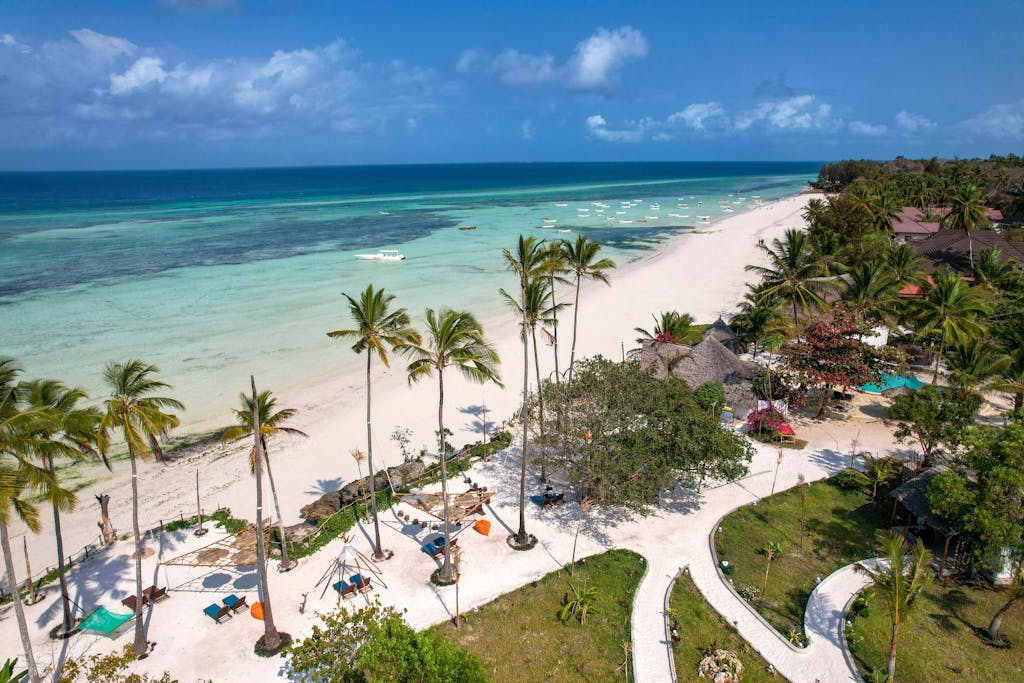Stakeholders Unite for Sustainable Tourism in Zanzibar

STAKEHOLDERS CONVERGE TO PROMOTE SUSTAINABLE TOURISM IN ZANZIBAR, ENSURING A GREENER FUTURE FOR ALL.
In a strategic move to fortify Zanzibar’s tourism sector, stakeholders convened in a one-day workshop at the Lux Marijani Hotel. This industry contributes a substantial 30% to the Gross Domestic Product (GDP). Organized by the Zanzibar Commission for Tourism (ZCT) and the US Agency for International Development (USAID) through the Heshimu Bahari project, the workshop aimed to deepen comprehension and appreciation for sustainable tourism practices.
Advancing the Greener Zanzibar Tourism Campaign
At the heart of the discussion was the Greener Zanzibar Campaign, a visionary initiative poised to transform sustainable tourism practices. Stakeholders delved into multifaceted issues pivotal to the campaign’s success. These included sustainable food sourcing from both sea and land, effective waste management, and the preservation of natural spaces.
Comprehensive Sustainability Measures
Participants engaged in insightful dialogues encompassing ecosystem restoration, the promotion of local Zanzibari culture, knowledge dissemination, and expertise exchange. Additionally, the forum highlighted the urgent need to reduce greenhouse gas emissions in operational activitie paving the way for a more eco-conscious tourism sector.
Executive Secretary’s Insights from the conference
Ms. Hafsa Mbamba, ZCT’s executive secretary, took the stage to emphasize the importance of embracing sustainability within the tourism sector. She shed light on notable progress across various fronts, commending working groups for their dedicated efforts. These initiatives ranged from preserving natural spaces, implementing sustainable seafood guides on Chumbe Island and Msonge farm, to collaborative efforts on sustainable waste management by Zanzrec and KAWA.
“In our journey towards a greener Zanzibar, stakeholders have shown commendable commitment, focusing on safeguarding the environment, nurturing local communities, and ensuring a sustainable future for generations to come,” says Ms. Mbamba.
The workshop marked a step forward to foster sustainable tourism practices, promising a more green future for Zanzibar.


